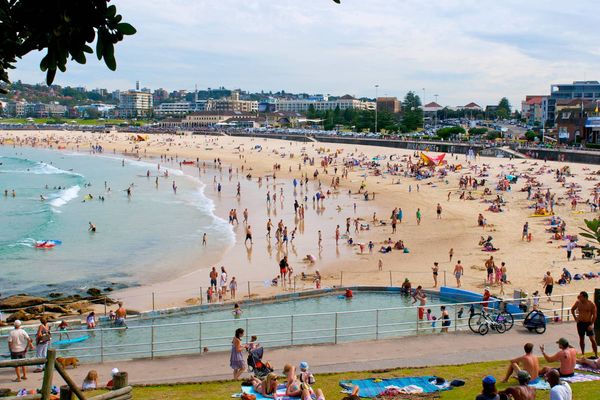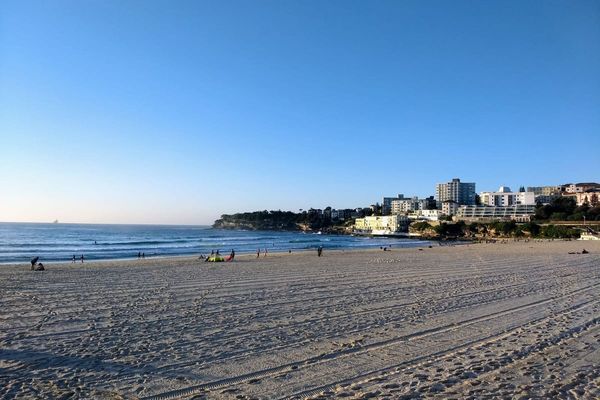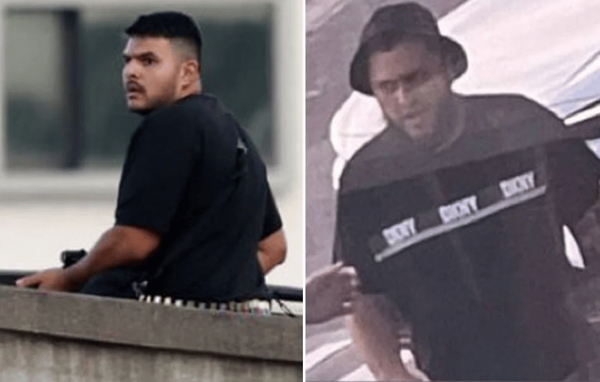A SENIOR policeman felt sending family liaison officers to speak to the relatives of Sheku Bayoh may have worsened the “highly charged” response following his death so he instead decided to visit them himself, an inquiry has heard.
Retired chief superintendent Garry McEwan, who oversaw policing in Fife at the time, was giving evidence to the inquiry into the 31-year-old’s death for the third day on Thursday.
Father-of-two Bayoh died after he was restrained on the ground by six police officers in Kirkcaldy on May 3, 2015.
The inquiry is investigating the circumstances of his death and whether race was a factor.
Family liaison officers (FLOs) are assigned to support families who have been affected by a crime or other serious circumstances.
They act as a point of contact between police investigation teams and families to keep them informed.
The inquiry heard an FLO from Police Scotland was not assigned to support the Bayoh family due to the nature of his death following contact with officers.
Police watchdog the Police Investigations and Review Commissioner (Pirc) was assigned the case, but it did not “have the capacity” to send its own FLOs to check on the family, McEwan said.
The retired officer previously said he was told Pirc FLOs would be available the day after Bayoh’s death, which contradicts with the minutes of a meeting that said Police Scotland would assign an FLO to the family.
John Scullion KC, for the inquiry, asked McEwan: “Surely the important point would be whether the family were to be seen by FLOs. Not whether they were to be seen by FLOs from Pirc or Police Scotland?”
McEwan responded: “I absolutely agree with that. The problem was that what happened post this meeting was officers from Fife division had went and visited the family with the death messages two and three, and there was a significant fallout from that and an absolute mistrust and distrust around policing, because Sheku had died following police contact.
“So at that point for me, the opportunity to deploy a Police Scotland FLO would have added little benefit because of that distrust that had emerged over the preceding four or five hours.”
McEwan said he therefore decided to visit the family personally.
He told the inquiry this was because the family had asked him to do so, and also because he thought they deserved answers.
Scullion asked McEwan: “Did you go and see the family because the family of Mr Bayoh demanded to see you?”
He replied: “Number one was that the family had asked for a senior officer and/or Garry McEwan to attend within 24 hours.
“Secondly, and most importantly, the reason I went is that eight or nine hours on since the death of Sheku, nobody had been in a position to give the family some of the important details that they deserved to hear before they heard it elsewhere on social media or anywhere else.”
The inquiry heard two officers who had previously visited Bayoh’s family “were met with a highly charged, emotional and at times confrontational environment”.
McEwan reiterated that Police Scotland FLOs “probably would have escalated matters”.
He added: “The reality was there was no FLO there. The family were absolutely devastated and upset and what I felt was that, a senior officer, as the most senior officer in Fife division, that family deserved to hear the facts as I knew them at that time.
“Had the FLOs been in position and been with the family, and again I think I mentioned this earlier in the last couple of days, I would not have attended that day.
“I would have probably left it two or three days and then went as a mark of respect as a senior officer.”
The inquiry also heard evidence on Thursday from retired detective chief superintendent Lesley Boal, who told of previous cases where police officers have been accused of racist behaviour.
She mentioned one case where an officer was dismissed following “totally inappropriate” electronic messages.
The inquiry, before Lord Bracadale, continues.







